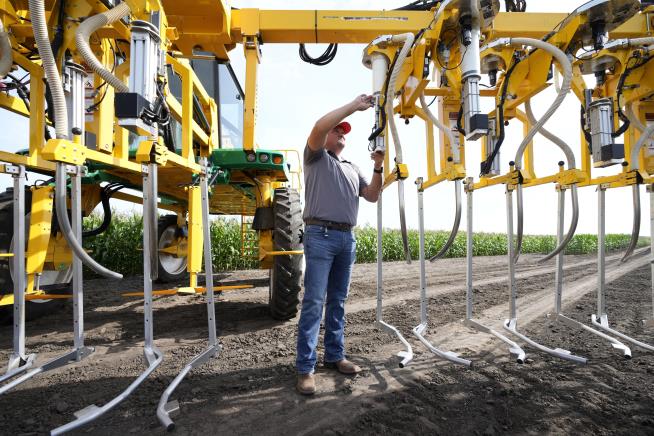
Jeremy Ford hates wasting water. As a mist of rain sprinkled the fields around him in Homestead, Florida, Ford bemoaned how expensive running a fossil fuel-powered irrigation system on his 5-acre farm was—and how bad it was for the planet. Earlier this month, Ford installed an automated underground system that uses a solar-powered pump to periodically saturate the roots of his crops, saving "thousands of gallons of water.
" Although they may be more costly upfront, he sees such climate-friendly investments as a necessary expense—and more affordable than expanding his workforce of two. It's "much more efficient," says Ford. A growing number of companies are bringing automation to agriculture, reports the in a broad look.
It could ease the sector's deepening labor shortage, help farmers manage costs, and protect workers from extreme heat. Automation could also improve yields by bringing greater accuracy to planting, harvesting, and farm management, potentially mitigating some of the challenges of growing food in an ever-warmer world. But many small farmers and producers across the country aren't convinced.
Barriers to adoption go beyond steep price tags to questions about whether the tools can do the jobs nearly as well as the workers they'd replace. Some of those workers wonder what this trend might mean for them. A few examples of the tech:.














